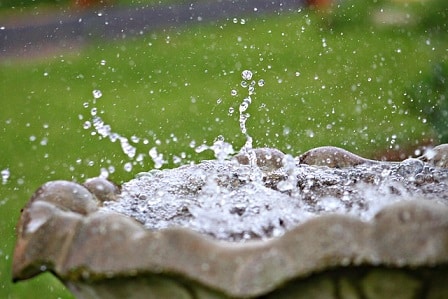
Access to fresh drinking water, potable water for other uses and hygienic sanitation is a human right, according to the World Health Organisation (WHO), and also vital to our good health, yet too many individuals are still without.
According to a special double edition of the journal Environment and Urbanization on “Sanitation and drainage in cities,” we are very far from delivering on the water MDG. The target to halve the proportion of the population without sustainable access to safe drinking water and basic sanitation by 2015 has been missed by far, and needs to be attended to urgently.
The article explores persistent gaps in urban sanitation provision and ways to address them, and 22 papers, across two issues of the journal tackle sanitation globally, alongside specific case studies and issues within China, Ghana, Haiti, Mongolia, Mozambique, South Africa, Zambia, Tanzania, Zimbabwe, and several cities in India.
Topics include:
- Contextual factors for understanding sanitation (history in Dar es Salaam, a case study of Lusaka)
- Different technical models (container-based toilets, closed-loop system)
- Differential impacts of sanitation on certain groups (urban poor adolescent girls in Bengaluru, women and girls affected by sanitation-related violence, the poor and socially excluded in Shanghai)
- Financing models (limitations to market-based services in East Africa, user willingness to pay in urban Haiti, public toilets in Ghana)
- Frameworks for understanding sanitation (“sanitation cityscape,” “sites of entitlement”)
- Participation and inclusion (community-managed programmes in India, civil society partnership in Mumbai, reflections on inclusive sanitation, co-production of inclusive sanitation in Zimbabwe, storm water drainage in Johannesburg, open-access water information platform)
- Policy (national sanitation policy in India, solid waste management in Chandigarh)
- Ways of assessing sanitation quality (sanitation scores in Indian cities, a new system to measure sanitary risks in Maputo)
There is great concern regarding the slow pace of sanitation improvement in the world’s cities and our failure to achieve the Millennium Development Goal target as per Target 7.C – halving the proportion of the people without basic sanitation.
According to Diana Mitlin, author of the October 2015 editorial and co-author of the April 2015 editorial, global commitments can and have made a difference, especially where there is an understanding that progress in sanitation requires a sophisticated knowledge of the local context, and that innovation and flexibility in crafting solutions is vital.
Get a free water cooler trial, water needs assessment, water cooler rental and water cooler accessories from Living-Water.





